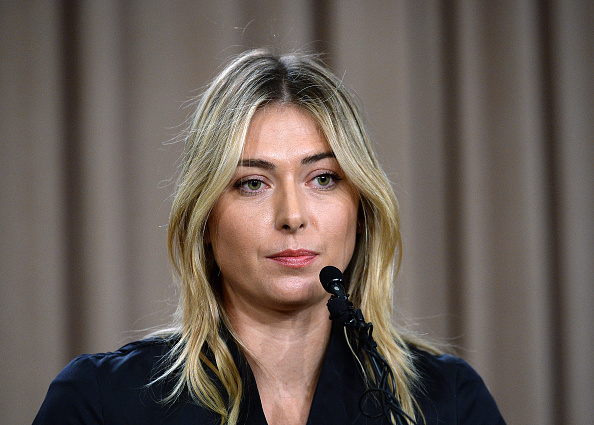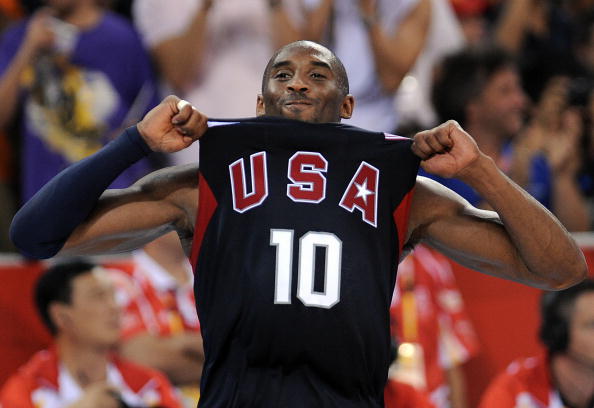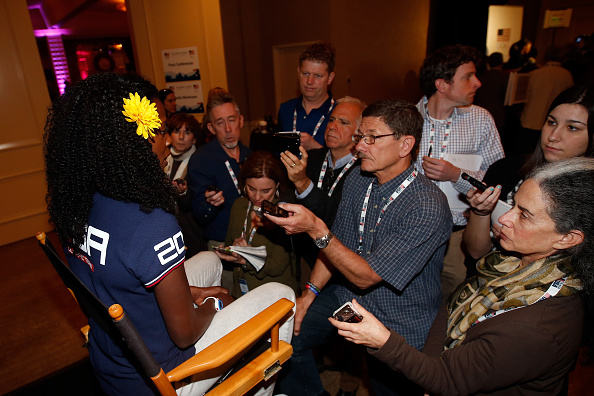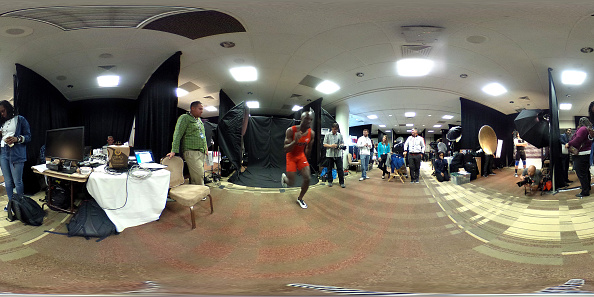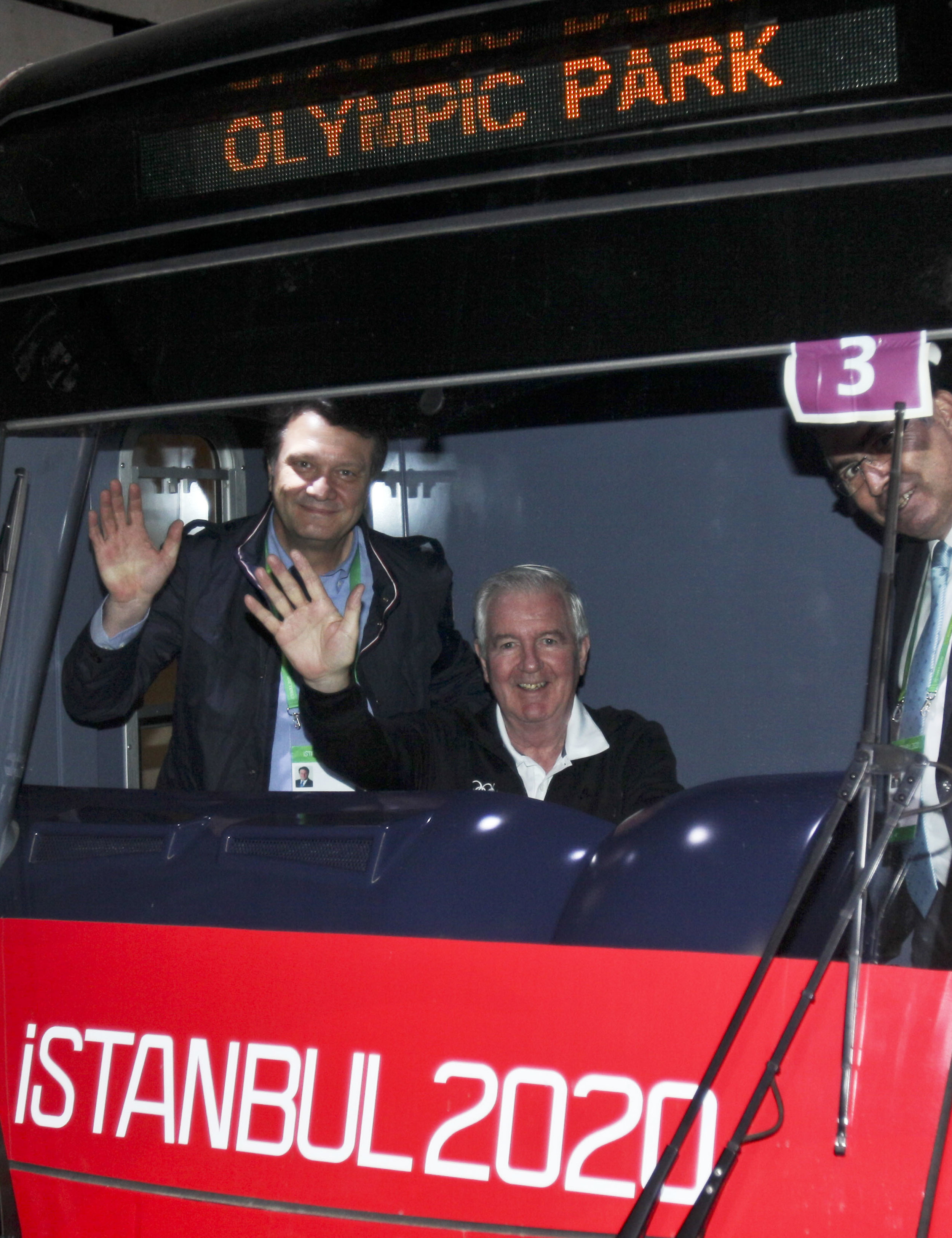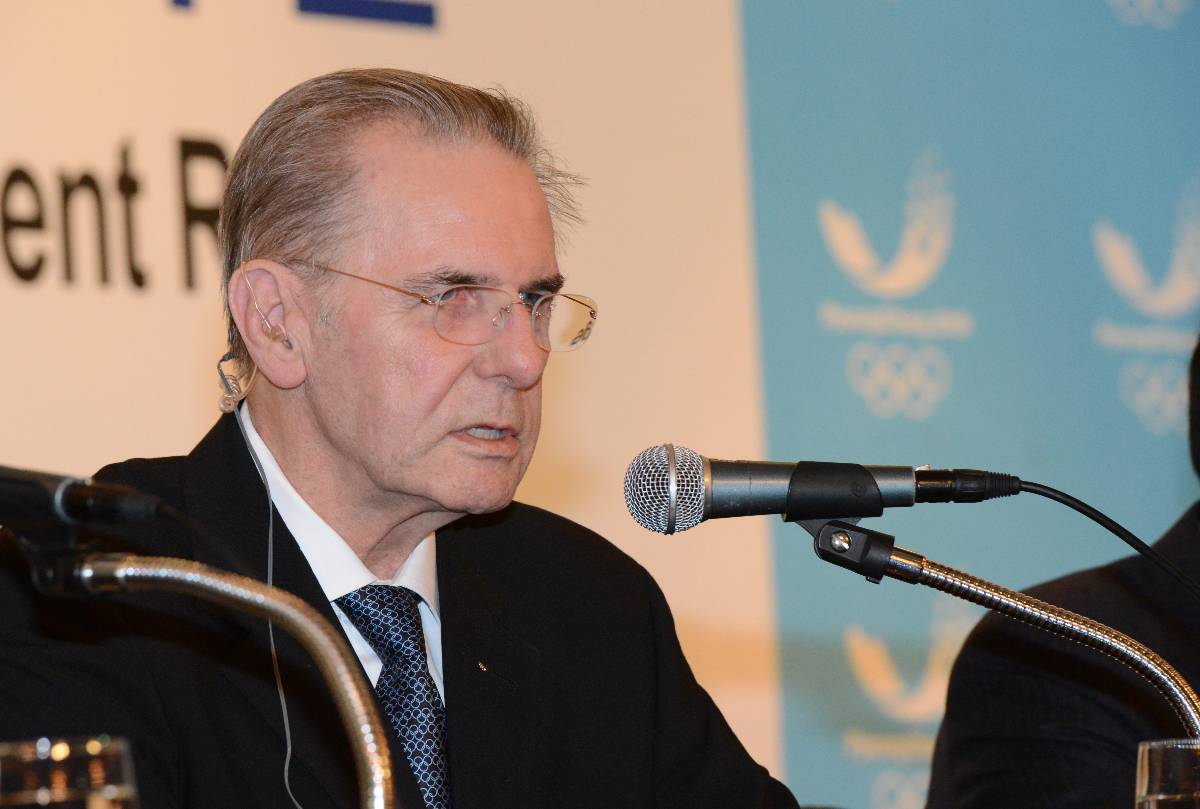Here is a group from the Rome 2024 campaign. They met Thursday at International Olympic Committee headquarters in Lausanne, Switzerland, with, among others, the IOC president, Thomas Bach. Afterward, it was all smiles.

Now let’s search for a Boston 2024 group picture with Bach.
Oh, wait.
You mean there aren’t any? Not even one over the past six months?
Ladies and gentlemen, you know what they say: a picture is worth a thousand words.
To reiterate a point made often in this space, there is only one reason to play the Olympic bid game. It’s to win.
Boston 2024 is not a winner.
The Pan American Games are going on right now in Toronto. Guess who was there just a few days ago? Bach. It’s not far from Toronto to Boston, if you had the inclination to, say, talk up the advantages of Agenda 2020, the IOC’s would-be reform plan.
In bid offices overseas, they have to be gleeful at how bad this Boston 2024 effort is. Because what should be a time for an American bid to shine is, instead, day after day, week after week, a succession of headlines that figuratively scream, how bad can this get?
Indeed, if you’re Toronto, aren’t you thinking a good Pan Ams might just jumpstart your way into the 2024 race? The way it did for Rio de Janeiro in 2007 en route to IOC victory in 2009 for 2016?
The Canadian Olympic Committee even shrewdly put on a gala event in Montreal — where Bach won his gold medal in fencing in 1976. He was the special invited guest, and grew emotional in his reminiscing.
Just what the USOC needs — another contender in the eastern time zone.
In Paris this week, a huge crowd gathered on the Champ de Mars to celebrate Bastille Day and the launch of Paris 2024. The president of France was there. The mayor of Paris. Bid leaders. More than 100 athletes. The Eiffel Tower was lit up.

In Boston on Thursday, the two top USOC officials met with Mayor Marty Walsh — again, zero photo op — and afterward put out a well-intentioned news release.
But even that release made plain why Boston 2024 is a bad slog.
"We’re pleased to have the support of the Mayor and look forward to working with Steve Pagliuca and the entire team at Boston 2024 to make this bid a success,” USOC chief executive Scott Blackmun was quoted as saying.
Fascinating. Where was the governor, Charlie Baker?
Amazing that Blackmun, along with USOC board chair Larry Probst, could fly all the way to Boston, and take a meeting with the mayor, but the governor was available only by phone.
What the governor is doing right now is waiting for a report from consultants. They’re supposed to assess whether the Boston 2024 plan, dubbed Bid 2.0 in a release made public June 29, is financially feasible.
This is hardball realpolitik.
If this report comes back — next month, probably — and says Bid 2.0 would be a hard sell financially, the governor has the out he needs.
Without key political support, any Olympic bid is a dead-bang loser.
But that’s exactly where Boston 2024 is already.
Compare: in Lausanne Thursday, the Rome delegation was led by the mayor and included a senior representative from the prime minister’s office. That’s important generally but more so now for Rome because the former prime minister was the one who, in February 2012, pulled the plug on Rome’s 2020 effort.
Baker, as demonstrated again Thursday, has shown distance in his approach to Boston 2024.
When Bid 2.0 was released, meanwhile, Walsh — and it’s a bid city mayor who has to sign a host city contract — was nowhere near the scene.
Check Walsh’s Twitter account. There’s he’s a rah-rah cheerleader of sorts, posting regularly — in the last couple weeks, for instance, sending congrats to the U.S. women’s World Cup soccer champs, even wishing the Dalai Lama happy birthday. The last time he posted something about the bid? That appears to be a little over five weeks ago, when he declared, “I will not use public money to build Olympic venues.”
You wonder why Walsh would keep his remove, at least in public, from Boston 2024?
Let us count the ways:
— Post-Bid 2.0 poll numbers in favor of the project range from 37 percent to 42. Worse, 50 percent opposed. That 42 percent is the current WBUR poll; for anyone inclined to say it’s an improvement over last month’s 39 percent reading, that very slight increase falls within the margin of error.
— A stadium design that is estimated at $1.376 billion. For something due to be torn down. This at a time when cost estimates for the Tokyo 2020 stadium have spiraled north of $2 billion, up some $700 million from the original estimate. Who seriously believes that $1.376 billion would be the final number?
— Agenda 2020 is big on the use of existing and temporary venues. Nowhere does Agenda 2020 promote the idea of a temporary $1.376 billion facility. That runs counter not only to policy but common sense.
— Bid 2.0 features no plan yet for an aquatics center or velodrome and a media center priced out at a laughably low $51 million. How can taxpayers be expected to know whether there might be cost overruns when there are no costs to begin with?
— And, as longtime Olympic reporter John Powers points out in the Boston Globe, “What began as an intimate and walkable scheme — the non-LA alternative — now involves half a dozen counties and five of the state’s six largest cities.”
Too, the Globe reports, there’s suddenly going to be a public debate on Boston 2024. On the one side, there’ll be bid chairman Pagliuca and Dan Doctoroff, a former deputy New York mayor and New York 2012 bid leader who is now on the USOC board of directors. On the other, Chris Dempsey, a co-chair of the opposition group No Boston Olympics, and Smith College economist Andrew Zimbalist.
Pagliuca is a basketball guy. But this debate next Thursday is less two-on-two than the feel of something more evocative of football: it’s the Boston 2024 version of a political Hail Mary.
Like, just to be obvious, especially when there are locals who are affiliated with the USOC board of directors: why invite the New York guy to woo the gentle folk of Boston? Should he wear a Yankees cap for full effect?
In Boston, what was the top trending hashtag Thursday? “#USOCGoHome”
Also Thursday, as the Globe reported, a group opposed to public funding for an Olympics filed papers with the state attorney general, aiming to put a question on the November 2016 ballot that would largely prohibit the state from spending money to support the Games.
The USOC has a Sept. 15 deadline by which it must decide what to do.
Upcoming next is the IOC session in Kuala Lumpur, at the end of the month. There you can bet senior USOC officials will hear the same thing they heard in Toronto — you’re making this unbelievably hard and you need to do something to change it.
The answer is so blindingly obvious.
Again, the idea is to win, and to do so within the constraints of Agenda 2020. It’s not to engage in 20- or 30-year urban planning; that’s the lesson from Sochi 2014, and the $51 billion figure associated with those Olympics. Indeed, the unhappy fallout from that $51 billion clearly animates Agenda 2020’s call for restraint.
In Los Angeles, the stadium is a real thing.
Not only that, it was announced this week that USC, which now controls the LA Memorial Coliseum, reportedly has chosen Fox Sports to sell naming rights to the venue.
USC is committed to renovating the facility. Renovations figure to be in the $600 million range. Naming rights figure to bring in huge dollars; the Coliseum, site of the 1932 and 1984 Games, among other spectacles, has never had a naming rights partner.
At the same time, the NFL appears closer than ever to being back in LA. Hello, Coliseum rent.
USC is acting boldly.
The USOC could, too — and here’s how.
The newest initiative on the Olympic scene is what are called the "ANOC World Beach Games." They are now being pushed, and hard, by one of the most influential people in the Olympic scene, Kuwaiti Sheikh Ahmad al-Fahad al-Sabah.
The sheikh is the president of the Assn. of National Olympic Committees and, as well, the Olympic Council of Asia.
The first edition of the Beach Games? Perhaps as soon as the summer of 2017.
The 2024 vote? August 2017.
What’s going to be the hot ticket at the Rio 2016 Olympics? Beach volleyball.
Worldwide, everyone knows the home of beach culture: Southern California.
Would it really be that difficult to stage a Beach Games — and win incredible goodwill — in, say, Venice, California?
Venice is hip, urban, has a famous stretch of beach and, not incidentally, is now the home of Snapchat, the way young people increasingly talk to each other. The Beach Games assuredly is aimed at the demographic the Olympic movement has had such difficulty reaching, teens and young 20s.
Imagine.
Also imagine: the IOC is said to be very supportive of this ANOC proposal. At the same time, IOC rules prohibit members from visiting bid cities. But, you know, what about seeking a waiver for those interested in seeing the Beach Games?
If that notion would work the IOC ethics people into a frenzy, there’s always San Diego. It got cut from the USOC 2024 list but is known since to have expressed interest in the Beach Games. San Diego is not Los Angeles; just ask anyone in San Diego. But say what? San Diego is only a two-hour drive away?
This, of course, underscores the fallacy of the no-visit rule. But that’s a topic for another day.
Right now, the days are counting down to Sept. 15. Kill the Boston bid. It's time for the USOC to move with boldness, creativity and resourcefulness. The United States deserves at least a winning chance at pictures with the president of the IOC that are all smiles.




